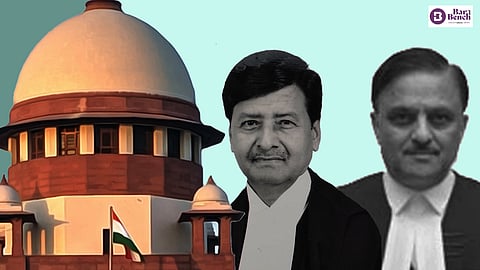
- News
- Columns
- Interviews
- Law Firms
- Apprentice Lawyer
- Legal Jobs
- हिंदी
- ಕನ್ನಡ

The Supreme Court on Thursday granted bail to Thwaha Fasal, a journalism student in his twenties, accused under the Unlawful Activities (Prevention) Act (UAPA) for allegedly having Maoist links.